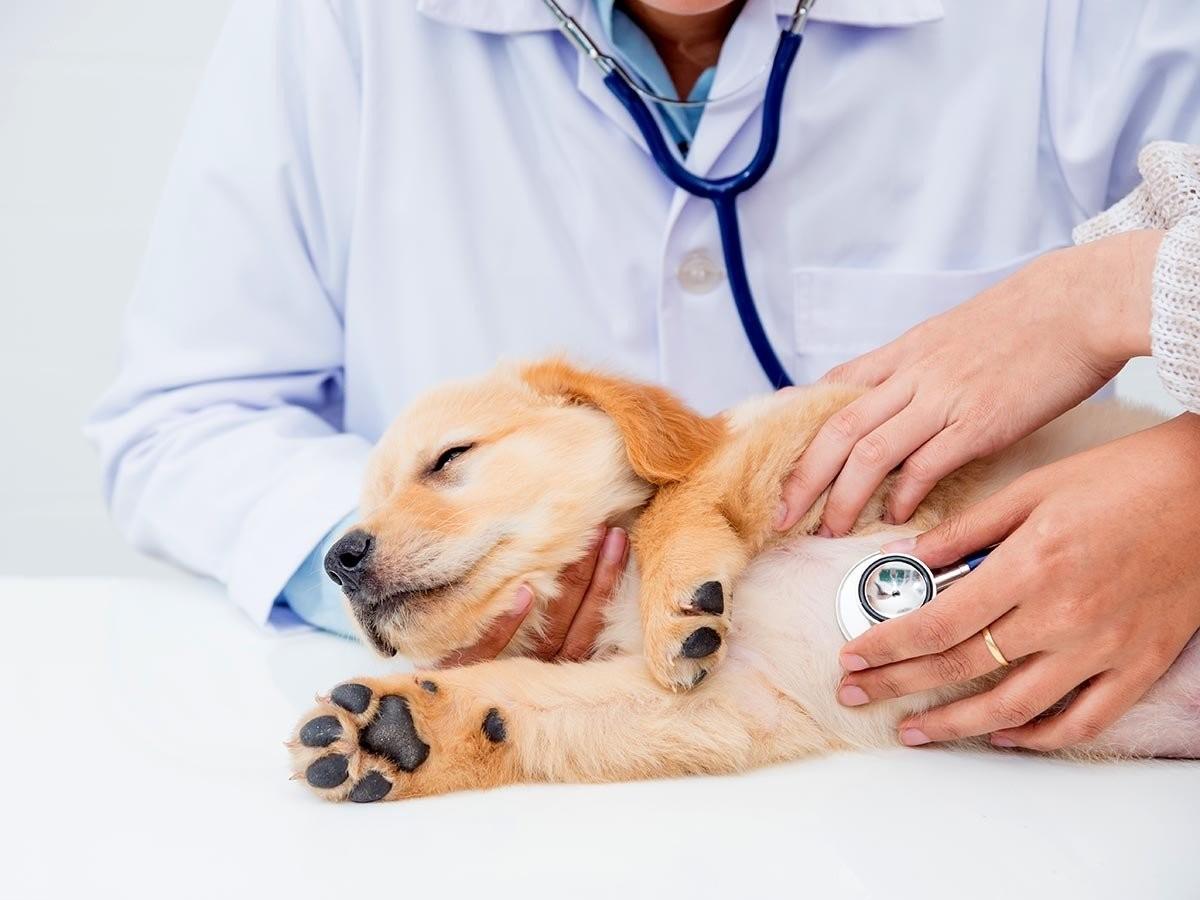Spaying or neutering your dog is a vital step in responsible pet ownership. It helps prevent overpopulation, supports your dog’s long-term health, and may even improve behavior. But for many pet parents, one big question remains: How much does it cost?
In this guide, we break down:
The average cost of spaying and neutering
Factors that affect pricing
Additional expenses to expect
How pet insurance can help
Why Spaying or Neutering Is Important
Key Benefits:
Controls the pet population – Prevents unwanted litters
Health benefits – Reduces risk of certain cancers and infections
Improves behavior – May decrease aggression, roaming, and marking
Overall, it’s a decision that benefits both your dog and the broader pet community.
Factors that Affect the Cost of Spaying or Neutering a Dog
Type of Procedure
Spaying (female dogs)
Spaying is generally more expensive than neutering because it is a more invasive procedure that involves removing the uterus and ovaries of a female dog. This procedure takes longer than neutering and may involve more post-operative care.
Neutering (male dogs)
Neutering involves removing the testicles of a male dog, which is a simpler and quicker procedure. For these reasons, it is generally less expensive than spaying.
Size and Breed Your Dog
The size and breed of the dog can have an impact on the cost of the spay or neutering procedure.
Larger dogs:
typically require more anesthesia
have longer surgery times
may need additional post-operative care
Each of these factors can lead to higher costs.
Certain breeds can require:
require specialized equipment
specific veterinary expertise
Therefore, the size and breed of the dog also play a role in the cost of the spaying or neutering the pet.
The Type of Clinic You Visit
The cost of spaying or neutering a dog can vary depending on the type of clinic or hospital you choose.
Low-cost clinics: These clinics focus on providing veterinary care at lower costs and can be great options for pet parents on a budget
Regular or private vet clinics: Slightly higher costs; offer a full range of veterinary services
Specialty or Emergency clinics: Highest cost due to their specialized expertise and equipment.; offer comprehensive care for dogs with certain medical conditions or breed specific concerns
Overall, the choice of clinic or hospital can greatly impact the cost of spaying or neutering a dog.
Average Cost of Spaying or Neutering a Dog
Typical range in the U.S.: $150 – $600
Prices vary depending on:
Type of clinic
Geographic location
Pre-op testing and post-op medication needs
Learn more about how pet insurance can help cover the cost of spaying or neutering.
Additional Expenses to Keep in Mind
In addition to the procedure itself, budget for:
Pre-operative tests/exams – To ensure your dog is healthy for surgery
Pain meds and antibiotics – For a smooth recovery
Surgical collar (cone) – Prevents licking or biting the incision
Follow-up vet visits – If complications arise
Explore: 7 Tips to Take Care of Your Pet After Spaying
Key Takeaway
Despite the potentially high cost, spaying or neutering your dog is an essential aspect of responsible pet ownership. Not only does it help prevent unwanted litters and reduce pet overpopulation, but it also provides numerous health benefits for your dog.
By budgeting for the additional expenses and exploring cost-saving options, such as low-cost clinics or financial assistance programs, you can ensure that your dog receives the care they need without breaking the bank.
How Spot Pet Insurance Can Help
Spot Pet Insurance presents pet parents with the flexibility to personalize their coverage options, aligning them with the specific requirements of their pets and their own budgets. When choosing their policy, pet parents can choose their annual deductible, a reimbursement rate of up to 90%, and an annual limit from a range of options, including an unlimited annual limit with no per-incident caps or lifetime caps. Spot offers plan options with coverage for both accidents and illnesses and pet parents can add preventive care coverage to their plan for an additional fee. Preventive care coverage can cover the eligible costs of routine wellness exams, certain vaccines, dental cleanings, and more. Coverage for spay and neutering procedures is available with Spot’s Platinum wellness coverage in addition to other routine veterinary services. To learn more about Spot Plans or to get a free quote, click here.

I've had the privilege of immersing myself in the realm of pet safety. As the owner of an energetic mini golden doodle, I know just how stressful being a pet owner can be. I am dedicated to ensuring our beloved pets enjoy a life brimming with good health.












